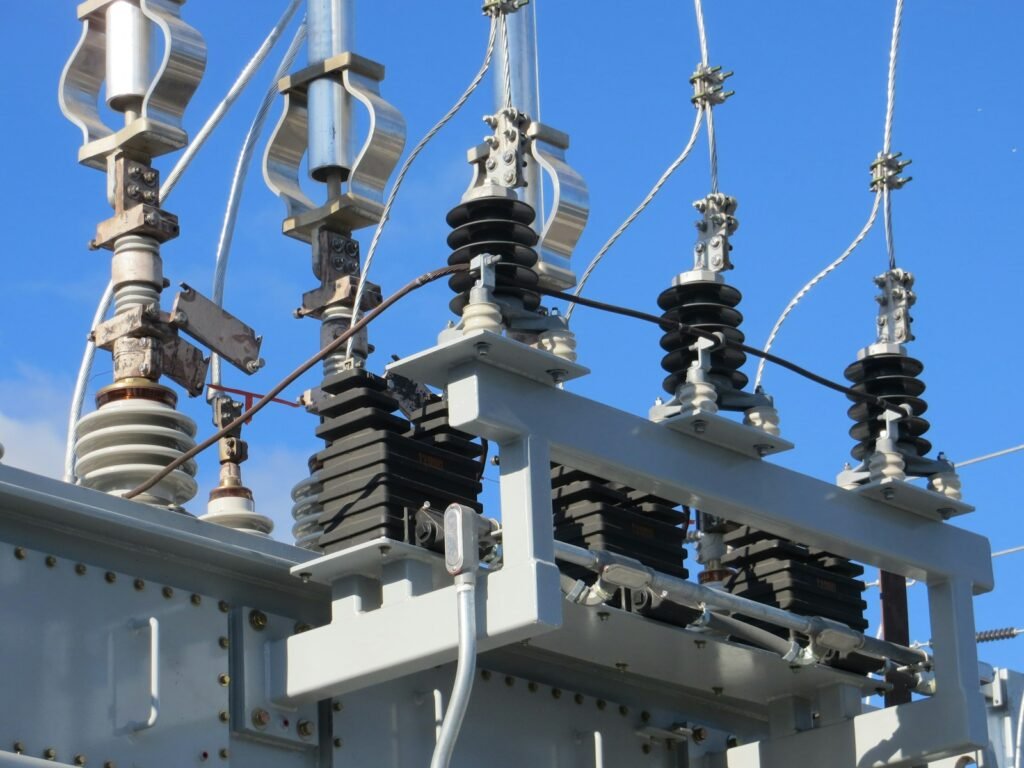
A jury has found Brandon Russell, 29, of Orlando, Florida, guilty of conspiracy to damage an energy facility after he planned to carry out a coordinated attack on the U.S. power grid. The trial, which concluded after six days, revealed Russell’s involvement in a plot motivated by neo-Nazi accelerationist ideology, aiming to inflict widespread damage to critical infrastructure.
From November 2022 to February 2023, Russell conspired to target electrical substations, particularly transformers, in an effort to destabilize the nation’s power supply. He shared open-source maps showing the locations of these substations and discussed how simultaneous attacks could trigger a cascading failure, amplifying the impact. Russell’s goal was to cause widespread disruption, particularly in the Baltimore region.
To carry out the attacks, Russell recruited Sarah Beth Clendaniel, a Maryland-based woman, who assisted in planning the assault. The pair intended to target multiple substations in Baltimore and beyond, with the goal of severely damaging the power grid. Clendaniel identified five substations to attack and even discussed how taking down the grid could leave the city in ruins, saying, “It would probably permanently completely lay this city to waste if we could do that successfully.”
The planned attacks, had they been successful, could have caused financial losses exceeding $75 million. Russell, who was arrested before the plot could be executed, faces up to 20 years in prison for the conspiracy charge. He is scheduled for sentencing on June 17, 2025.
Clendaniel, who was convicted earlier, was sentenced on September 25, 2024, to 18 years in prison, followed by a lifetime of supervised release. She was also sentenced to 15 years for firearm possession and an additional 3 years of supervised release for her involvement in the conspiracy.
Russell’s conviction highlights the growing threat of extremist groups targeting critical infrastructure and planning acts of terrorism to further their violent beliefs. The case has sparked renewed concerns about the vulnerability of the nation’s power grid to attacks motivated by hate and extremism.


